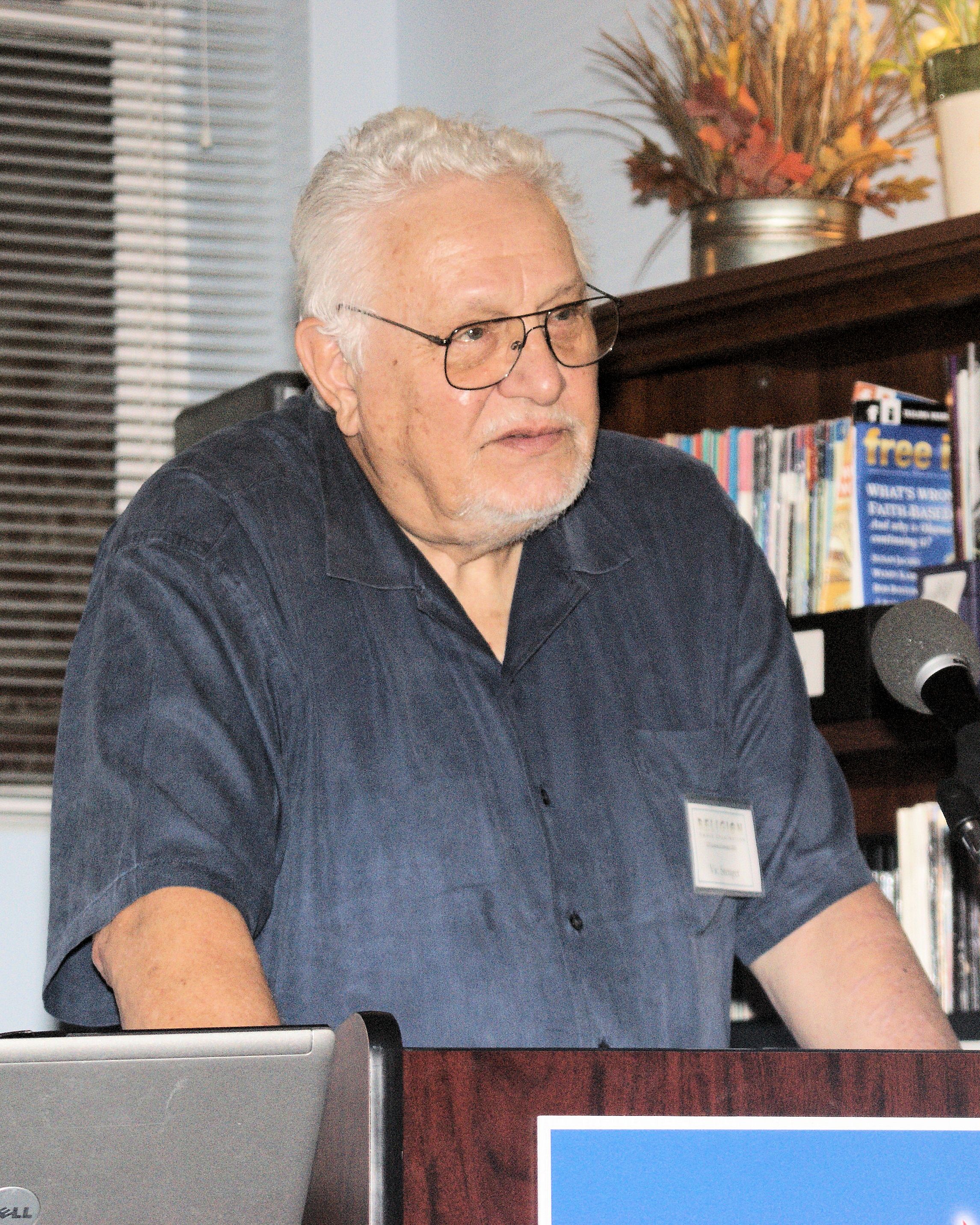“Observations in cosmology look just as they can be expected to look if there is no God.”
Źródło: God: The Failed Hypothesis (2007), Chapter 4: 'Cosmic Evidence', p.128-129
Kontekst: We have yet to encounter an observable astronomical phenomenon that requires a supernatural element to be added to a model in order to describe the event... Observations in cosmology look just as they can be expected to look if there is no God.
